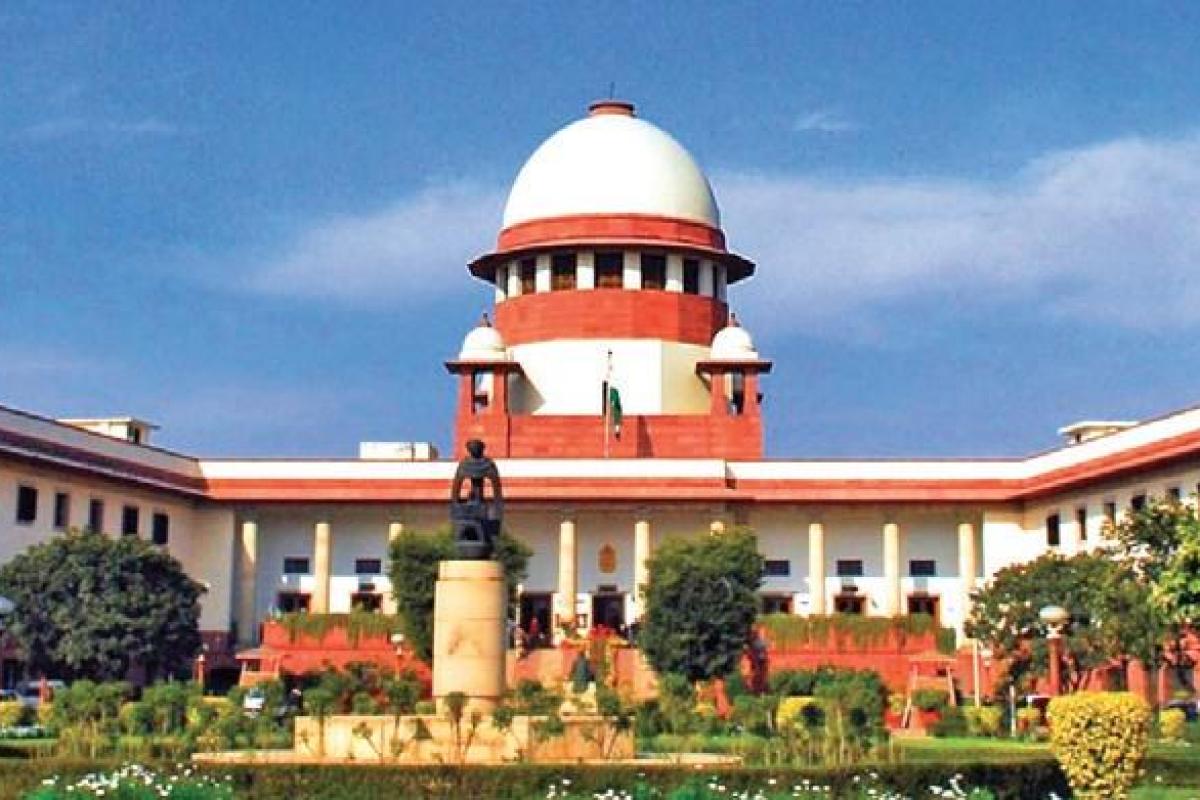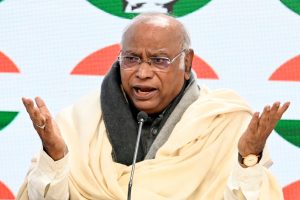The Supreme Court on Tuesday expressed discontent at the fact that the cases either before a lower court or tribunal, eventually ended up before it.
A bench headed by Justice K.M. Joseph orally observed: “We do not want to use the word, but legislature has been dumb in this regard. We don’t want to use the word but that is the word.”
Advertisement
It noted that every case ultimately ends up before the top court, as it highlighted that the legislature was not correct in providing statutory appeals against orders of the National Green Tribunal (NGT) directly to the Supreme Court.
The top court made this observation during the hearing of a plea by the Madhya Pradesh High Court Bar Association, challenging Section 3 of the NGT Act, in connection with the establishment of the tribunal. The plea has been filed through advocate Mrigank Prabhakar.
The bench queried the counsel representing the petitioner whether the Act excludes the jurisdiction of the high courts under Articles 226 and 227.
Attorney General K.K. Venugopal, representing the Centre, submitted before the bench that it was the legislature’s prerogative to provide for statutory appeals to the apex court. He said that the Tribunal Reforms Act was brought but it was struck down, and later an ordinance was brought, which is also under challenge.
The petitioner’s counsel submitted that there is no explicit exclusion, but rather has an implicit exclusion and this is by way of direct appeal in the top court. The AG submitted that tribunals are highly specialized, in matters of electricity, telecom, copyright, etc.
Venugopal emphasised that specialisation in these areas makes tribunals equal to the high courts and they cannot be termed inferior to the high courts.
After hearing arguments, the bench, also comprising Justice Hrishikesh Roy, reserved judgment on the matter.
“Judgment reserved. Parties may file written submissions within five days,” it said.











